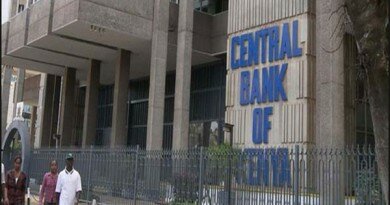Government to fast-track implementation of Special Economic Zones
By Claire Wanja
The Kenyan government is rolling out Special Economic Zones (SEZs) which will enjoy lower taxes to boost Kenya’s investment profile.
A Special Economic Zone is a designated geographical area of high economic importance to a country, with liberal economic laws and highly developed infrastructure. The designated trading zones are expected to help investors cut down on key cost drivers such as transport, with the hope that surplus funds would go towards value addition.
‘’The focus of the new policy on SEZs is that goods be produced closer to raw material sources and investors handed preferential terms on matters such as licensing,’’ said Dr Julius Muia, Director General Kenya Vision 2030 Delivery Secretariat.
Speaking at the SEZ forum at a Nairobi hotel, Dr Victor Koh, a Special Economic Zones expert credited with designing the Singapore masterplan, said the country must take bold steps to achieve this.
‘‘Special Economic Zones are a very effective strategy for igniting the growth and development of the country with the potential to transform Kenya within a short time. This strategy was employed by Singapore, China and the United Arab Emirates and that is why they are where they are today,’’ said Dr Koh as he made a presentation.
Dr Muia noted that SEZ is primed to create jobs to address a major socio-economic challenge in the form of unemployment.
‘’We have over 10 million citizens without jobs. The SEZ model in and of itself will be able to address the issue of unemployment to a very significant degree which will be felt,’’ added Dr Muia.
In September of 2015, President Uhuru Kenyatta signed the Special Economic Zones Act 2015, which spells out key measures to revamp activities in the blocs. The SEZ Authority is now fully operational.
‘’The special economic zones law provides incentives for industries to operate in designated SEZs in the Greater Mombasa, Lamu and the Greater Kisumu. The SEZs are designed to attract about 10,000 Multi-National Corporations (MNCs) to Kenya and generate 150,000 SMEs by 2030,’’ said Dr Amb Dennis Awori also speaking at the function. Amb Awori chairs the Economic and Macro Committee of the Vision Delivery Board.
SEZs have played an important role in catalyzing economic and social development and increasing the competitiveness of many developing and middle income countries.
It is estimated that by the year 2003, there were 116 countries implementing SEZ programs in 3,000 locations, employing 43 million workers accounting for annual world trade worth US$ 400 billion.





